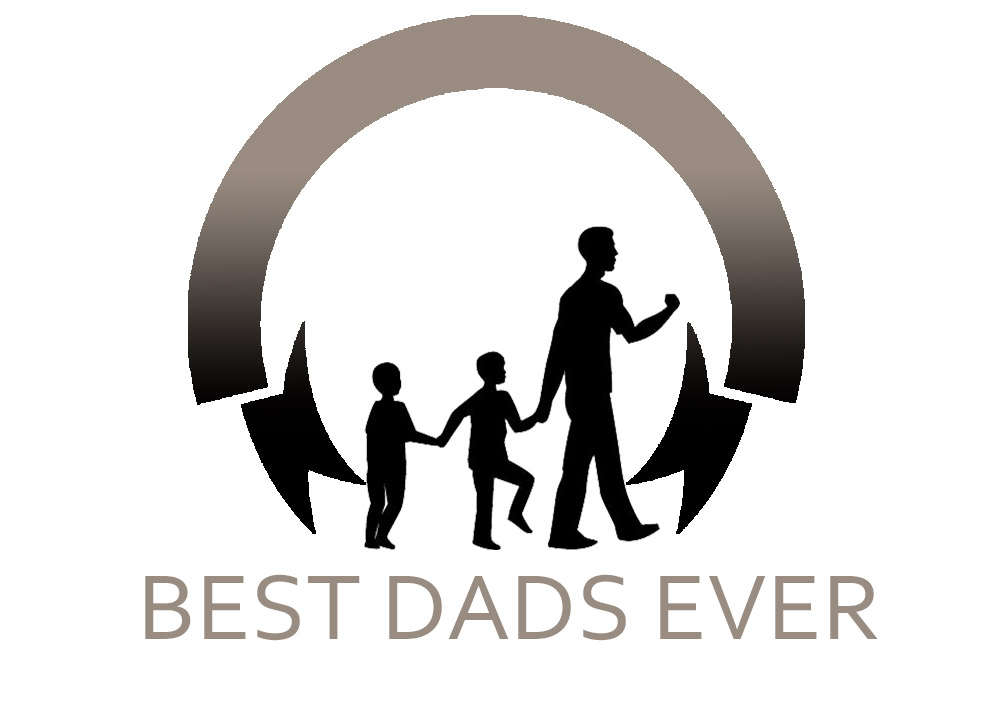Ever wondered about the different terms we use for male parental figures? You’re not alone. Let’s break it down together and explore what people usually mean when they say “father,” “dad,” or “baby daddy.”
First up, “father.” When you hear this word, what comes to mind? For many, it’s the biological connection. A father is the guy who contributed to your DNA. But here’s the thing – being a father doesn’t always mean being involved in a child’s life. Some fathers are distant, showing up occasionally or providing financial support without much emotional connection. It’s a more formal term, isn’t it?
Now, let’s talk about “dad.” Feels warmer, right? When you call someone “dad,” you’re usually talking about a guy who’s there for you. He’s the one cheering at your games, helping with homework, or giving advice (wanted or not!). A dad is hands-on and emotionally present. And get this – he doesn’t have to be biologically related. That stepdad who’s been there since you were little? Total dad material.
Lastly, we’ve got “baby daddy.” You’ve probably heard this term thrown around, especially in urban settings. It started in African American communities but has spread widely. When someone says “baby daddy,” they’re usually talking about a man who has a kid with someone he’s not married to or in a relationship with. Now, don’t jump to conclusions – it doesn’t automatically mean he’s uninvolved. Some baby daddies are super present; others, not so much.
Here’s the kicker – these roles aren’t set in stone. That distant father? He might step up and become the dad you always wanted. And a baby daddy could be more involved than some married fathers.
At the end of the day, what really matters isn’t the label. It’s about how a man shows up for his kid. Is he loving? Supportive? Actually there? That’s what counts, no matter what you call him.
So, next time you hear these terms, remember – there’s often more to the story than just a word. It’s all about the relationship behind the label.
